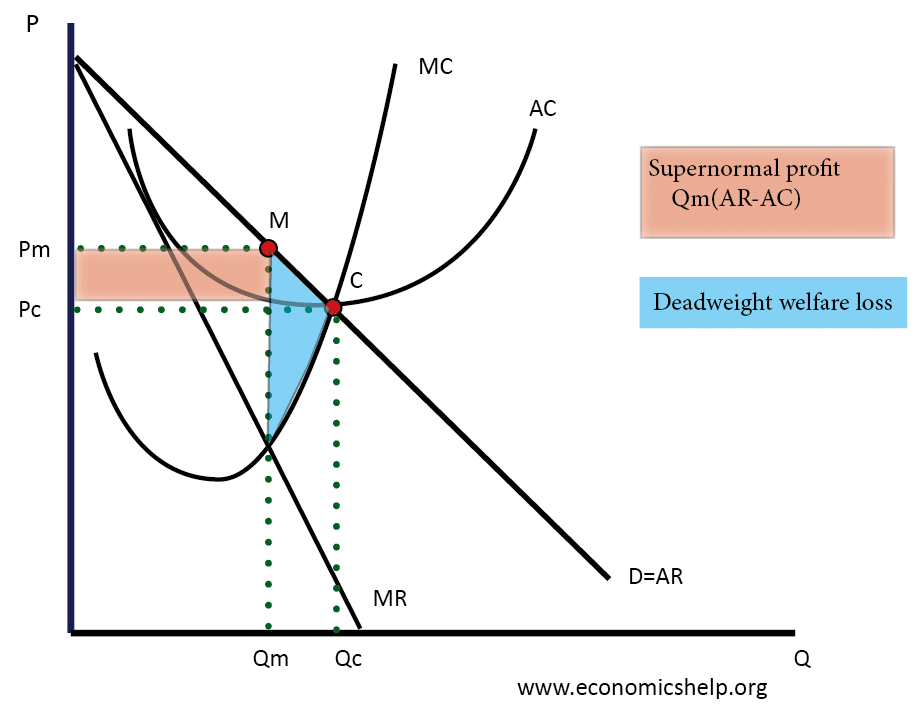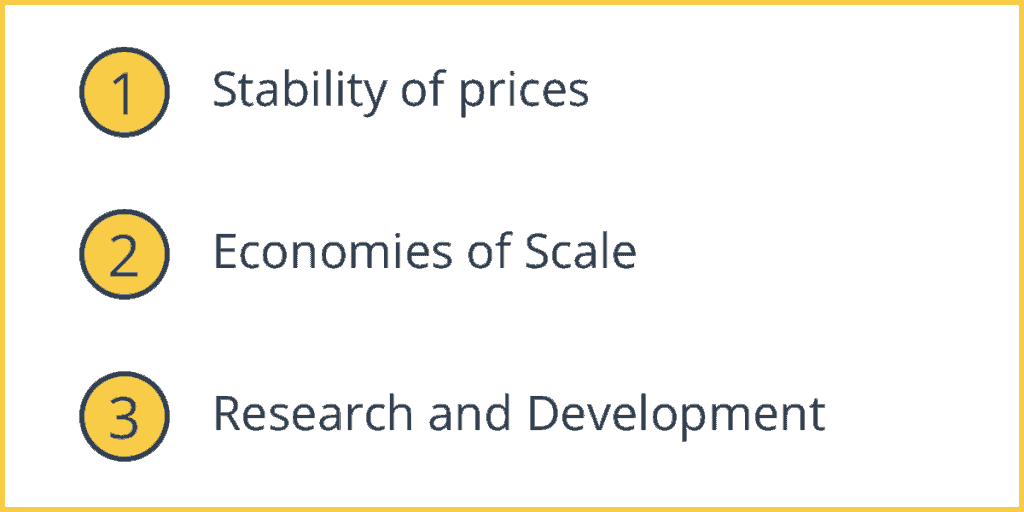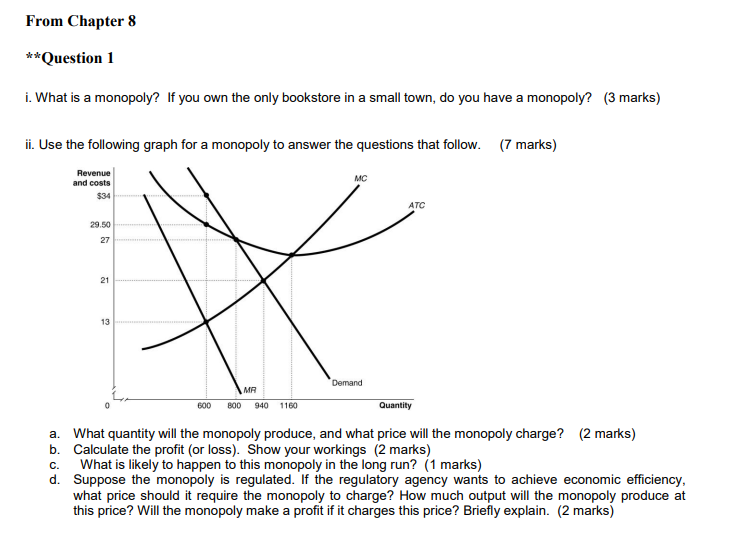

The cost of rent, houses and hotels are simplified by using fixed percentages of the initial cost of the property. It is simplified by eliminating the Chance/Community chest cards and by not allowing mortgages nor sales and trades between players. These are Monopolies where average costs are continually falling - usually due to huge sunk costs initially, however as firm expands marginal costs always fall. The project is a simplified version of the classic board game Monopoly. There is a special type of monopoly, called 'Natural Monopolies'. It is worth noting that not all monopolies share all common characteristics, but they experience downward sloping demand. Monopoly power is normally established and held due to barriers to entry - exmaples of which being vast economies of scale, legal barriers (such as patents), brand identity and sunk costs.

Firstly that there is only one dominant firm in the market, secondly that high barriers to entry prevent new firms from entering the market and lastly that they sell differentiated products.

Monopolies have three main characteristics. Monopolies are often price setters, but can be quantity setters (never both simultaneously). For example, the telecommunication market is monopolistic when there. By technical definition a monopoly is a firm which holds 100% of a market, however in the UK the competition authorities define a legal Monopoly as a firm holding over 25% power within a market. Monopoly refers to a company that is a single seller of a product or service in the market.


 0 kommentar(er)
0 kommentar(er)
